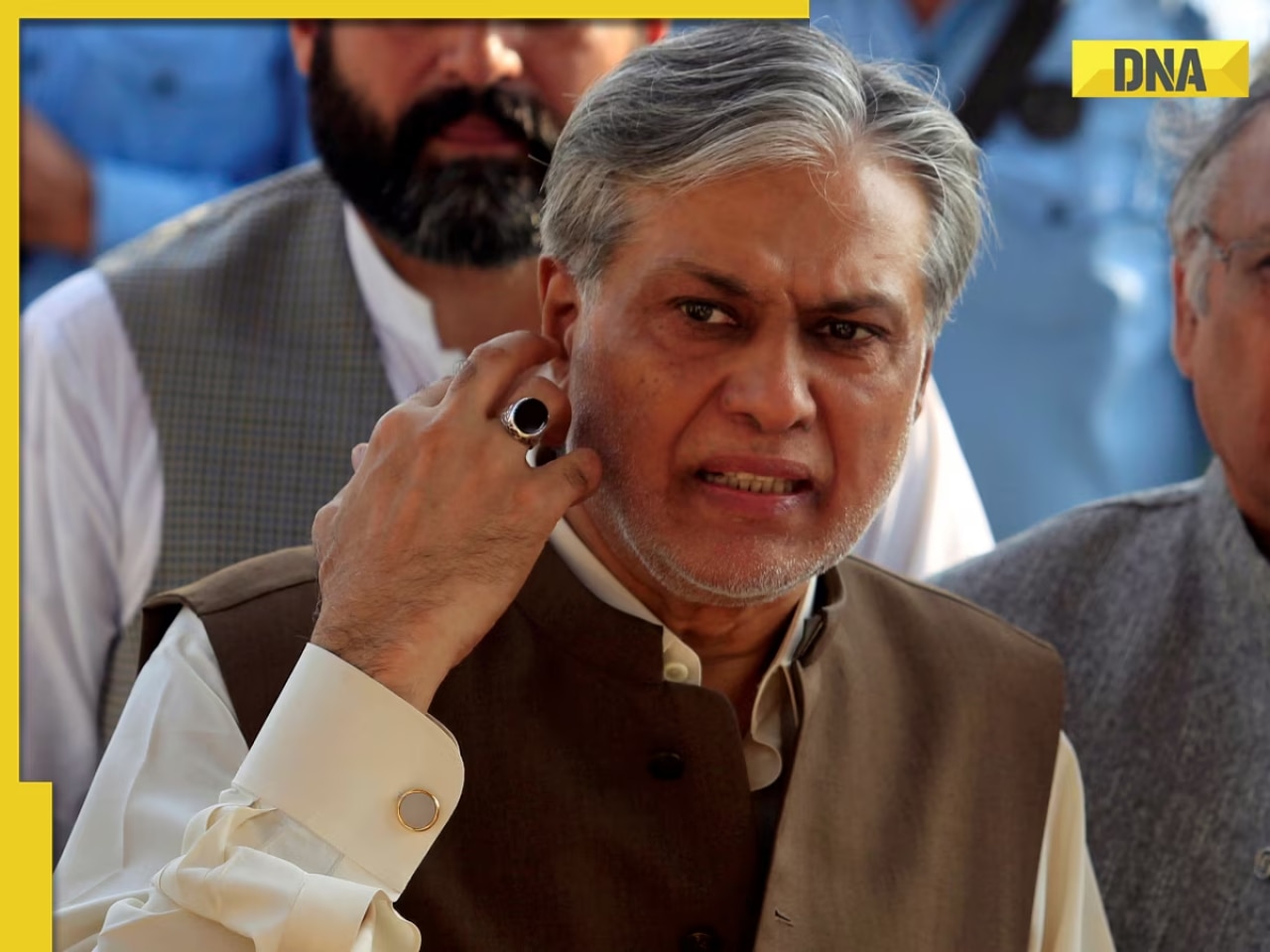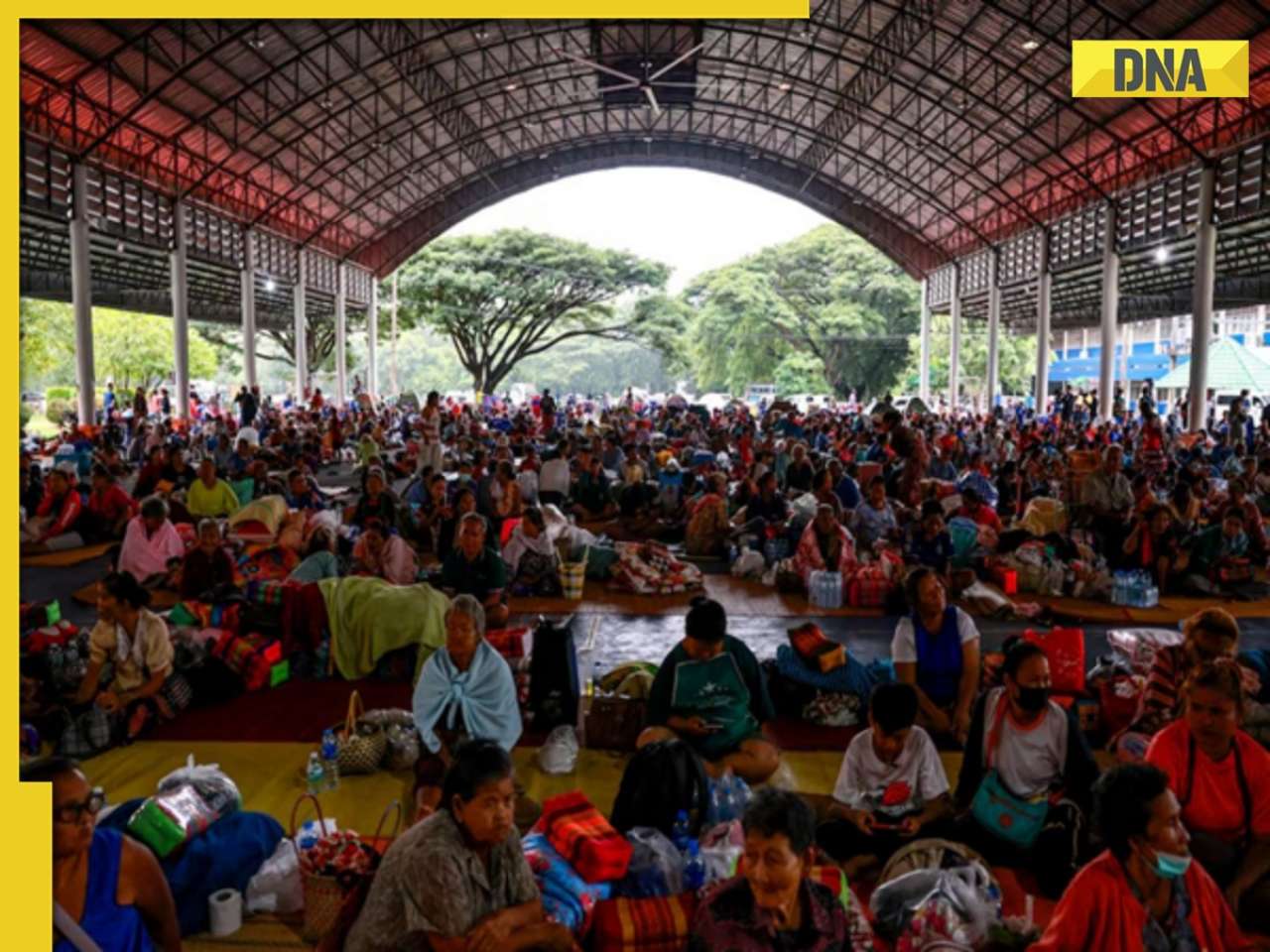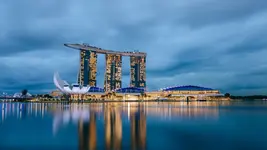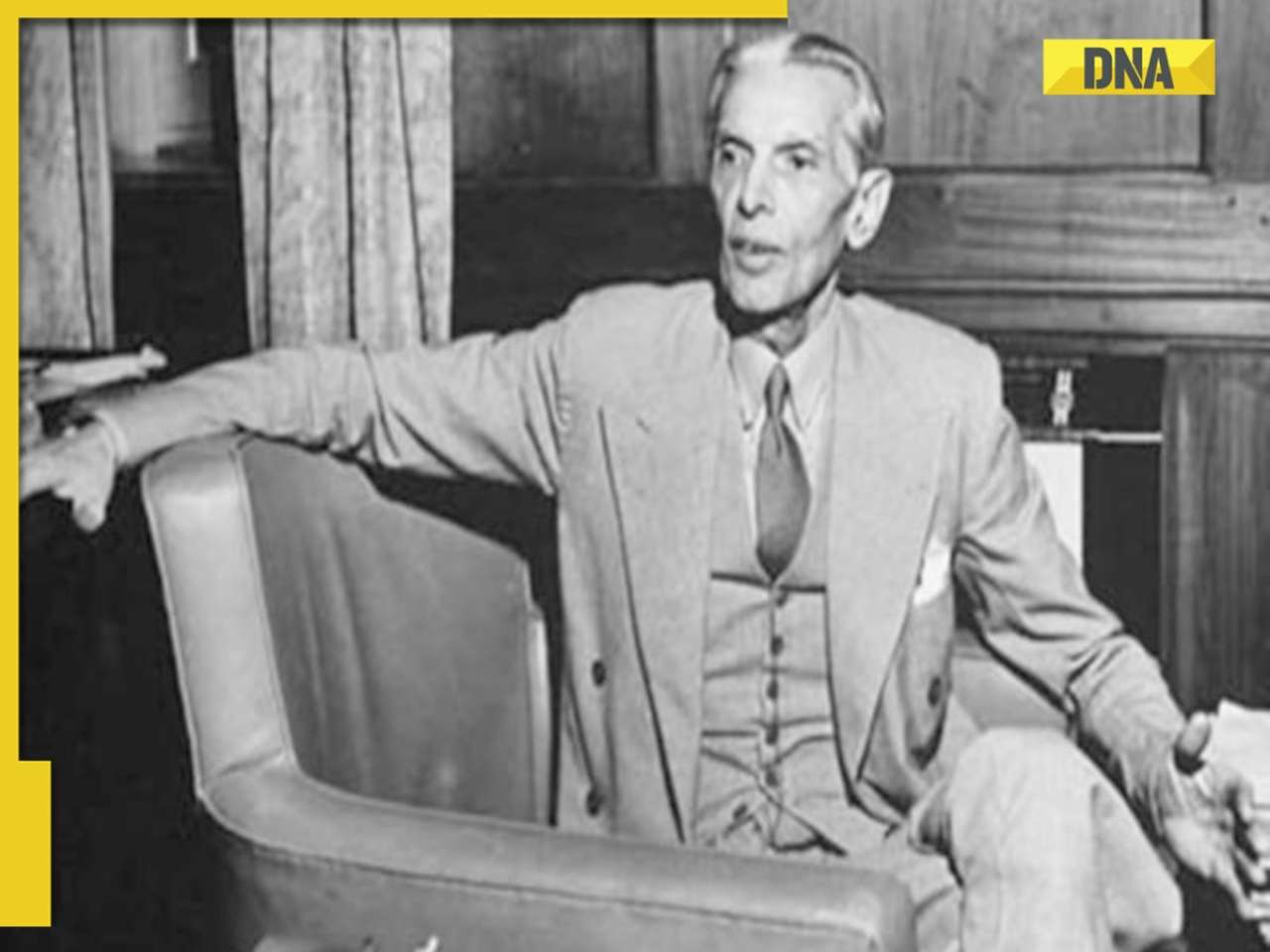Before Islam in Maldives, the number of Buddhists was very high, so Buddhism was prevalent there.
Maldives is a tropical paradise of about 1200 islands, nestled between India and Sri Lanka in the Indian Ocean. Its green islands and turquoise waters attract millions of tourists every year, who come to enjoy the resorts, hotels, and facilities on its 12 tourist islands. But behind the serene beauty of the Maldives lies a turbulent history and an uncertain future, as the island nation is caught between the competing interests of India and China.
Before delving into the Maldives’ historical journey, it’s important to highlight a recent and noteworthy occasion: Indian Prime Minister Narendra Modi's visit to the Maldives. In addition to being a ceremonial occasion, PM Modi's attendance as the nation's Guest of Honor during the 60th Independence Day celebrations marked a significant milestone: the 60th anniversary of India and the Maldives' diplomatic ties.
In the face of escalating regional tensions and geopolitical changes involving nations like China, India's historic cultural and strategic links with the Maldives were highlighted by this high-level visit.
From Buddhism to Islam: The Maldives’ Religious Transformation
Buddhism was widely practiced in the Maldives before Islam because of the large number of Buddhists living there. Buddhism is thought to have arrived in the Maldives in the third century BC. The religious beliefs of the time are reflected in the remains of Buddhist stupas and monasteries that may still be found on numerous Maldivian islands. A scholar and Islamist named Abu al-Barakat Yusuf al-Barbari arrived in the Maldives in the 12th century.
Why Did the Maldives Become an Islamic Nation?
Some historical sources claim that Al-Barbari was from North Africa, while others speculate that he might have come from Iran or modern-day Somalia. He encouraged Dhovemi, the king at the time, to convert to Islam; he subsequently became Sultan Muhammad al-Adil.
Following the acceptance of Islam, the Maldives' customs, culture, and system of government underwent significant transformation. The social integration of religious instruction had a profound impact on everything from architecture to lifestyle.
Sharia law was incorporated into the Maldives' judicial and administrative system upon the arrival of Islamic authority. The Maldives continued to be an Islamic sultanate for several decades. Even though it became a republic in 1968, the constitution and government of the nation are still based on Islam.
How Did the Maldives Transform After Embracing Islam?
Islam is the official religion of the Maldives, which is now an Islamic country. Religious traditions play a significant role in daily life, and mosques are an integral part of society.
The Maldives has emerged as a popular travel destination among Muslims. However, the Maldives has had to deal with issues like religious extremism and cultural identity protection in recent years.
The government is actively working to encourage an Islamic lifestyle that is traditional and well-rounded.
Find your daily dose of All
Latest News including
Sports News,
Entertainment News,
Lifestyle News, explainers & more. Stay updated, Stay informed-
Follow DNA on WhatsApp. Pakistan takes BIG U-turn on terror group tag for TRF, Deputy PM Ishaq Dar says, 'We welcome...'
Pakistan takes BIG U-turn on terror group tag for TRF, Deputy PM Ishaq Dar says, 'We welcome...' 'Reminds me of India and Pakistan': US President Donald Trump's BIG warning to Thailand, Cambodia; says 'Won't do trade with...'
'Reminds me of India and Pakistan': US President Donald Trump's BIG warning to Thailand, Cambodia; says 'Won't do trade with...' India, Pakistan to potentially face each other thrice in Asia Cup 2025; here's how
India, Pakistan to potentially face each other thrice in Asia Cup 2025; here's how Rashmika Mandanna 'sends love' to rumoured beau Vijay Deverakonda, shares their unseen photos from..., says 'I keep looking back...'
Rashmika Mandanna 'sends love' to rumoured beau Vijay Deverakonda, shares their unseen photos from..., says 'I keep looking back...' India appeals to Thailand, Cambodia to prevent escalation of hostilities: 'Closely monitoring...'
India appeals to Thailand, Cambodia to prevent escalation of hostilities: 'Closely monitoring...' Other than heart attacks or BP : 7 hidden heart conditions triggered by oily foods
Other than heart attacks or BP : 7 hidden heart conditions triggered by oily foods 7 most captivating space images captured by NASA you need to see
7 most captivating space images captured by NASA you need to see AI-remagined famous Bollywood father-son duos will leave you in splits
AI-remagined famous Bollywood father-son duos will leave you in splits 7 superfoods that boost hair growth naturally
7 superfoods that boost hair growth naturally Confused between Forex and Credit cards for your international trip? Learn which saves more
Confused between Forex and Credit cards for your international trip? Learn which saves more Tata Harrier EV Review | Most Advanced Electric SUV from Tata?
Tata Harrier EV Review | Most Advanced Electric SUV from Tata? Vida VX2 Plus Electric Scooter Review: Range, Power & Real-World Ride Tested!
Vida VX2 Plus Electric Scooter Review: Range, Power & Real-World Ride Tested! MG M9 Electric Review | Luxury EV with Jet-Style Rear Seats! Pros & Cons
MG M9 Electric Review | Luxury EV with Jet-Style Rear Seats! Pros & Cons Iphone Fold: Apple’s iPhone Fold Could Solve Samsung’s Biggest Foldable Problem | Samsung Z Fold 7
Iphone Fold: Apple’s iPhone Fold Could Solve Samsung’s Biggest Foldable Problem | Samsung Z Fold 7 Trump News: Congress Seeks Answers On Trump's Alleged Mediation In Operation Sindoor
Trump News: Congress Seeks Answers On Trump's Alleged Mediation In Operation Sindoor OpenAI CEO Sam Altman issues CHILLING warning, says conversations with ChatGPT are...
OpenAI CEO Sam Altman issues CHILLING warning, says conversations with ChatGPT are... This man becomes world's highest-earning billionaire in 2025, beats Elon Musk and Jeff Bezos, Mukesh Ambani is at...
This man becomes world's highest-earning billionaire in 2025, beats Elon Musk and Jeff Bezos, Mukesh Ambani is at... Meet man who built Rs 200,000,000 empire after two failed ventures, his business is..., net worth is Rs...
Meet man who built Rs 200,000,000 empire after two failed ventures, his business is..., net worth is Rs... Meet man, founder of app under govt lens, also owns Rs 1000000000 business, he is..., his educational qualification is...
Meet man, founder of app under govt lens, also owns Rs 1000000000 business, he is..., his educational qualification is... Jinnah wanted THIS Muslim man to be first Finance Minister of Pakistan, he refused, his son is on Forbes list of billionaires
Jinnah wanted THIS Muslim man to be first Finance Minister of Pakistan, he refused, his son is on Forbes list of billionaires Inside Ahaan Panday’s academic journey before his Bollywood debut in Saiyaara
Inside Ahaan Panday’s academic journey before his Bollywood debut in Saiyaara From Alia Bhatt to Anushka Sharma: 5 Bollywood moms who are redefining style
From Alia Bhatt to Anushka Sharma: 5 Bollywood moms who are redefining style Want to think like a billionaire? Try these 5 habits followed by Bill Gates, Narayana Murthy and others
Want to think like a billionaire? Try these 5 habits followed by Bill Gates, Narayana Murthy and others In Pics: Tara Sutaria brings fairytale magic to ramp in a shimmering golden gown at ICW 2025
In Pics: Tara Sutaria brings fairytale magic to ramp in a shimmering golden gown at ICW 2025 From Love in the Moonlight to Moon Embracing the Sun: 7 must-watch K-dramas
From Love in the Moonlight to Moon Embracing the Sun: 7 must-watch K-dramas India appeals to Thailand, Cambodia to prevent escalation of hostilities: 'Closely monitoring...'
India appeals to Thailand, Cambodia to prevent escalation of hostilities: 'Closely monitoring...' NCERT to introduce dedicated module on 'Operation Sindoor' for students of Class...
NCERT to introduce dedicated module on 'Operation Sindoor' for students of Class... Mumbai Pune Expressway: 1 killed, many injured after nearly 20 vehicles crash in major accident
Mumbai Pune Expressway: 1 killed, many injured after nearly 20 vehicles crash in major accident Carrying too much luggage on trains? Here's what Indian Railways may do; check weight limit, penalty
Carrying too much luggage on trains? Here's what Indian Railways may do; check weight limit, penalty Indian Army to transform into ‘future oriented force’, chief announces new all-arms brigades called..., it is equipped with...,know details inside
Indian Army to transform into ‘future oriented force’, chief announces new all-arms brigades called..., it is equipped with...,know details inside Indian Army Agniveer CEE 2025 result declared, here's how you can download it
Indian Army Agniveer CEE 2025 result declared, here's how you can download it Meet IPS officer, DU grad, who cracked UPSC exam in her third attempt, secured 992 out of 2025 marks with AIR..., now married to IAS...
Meet IPS officer, DU grad, who cracked UPSC exam in her third attempt, secured 992 out of 2025 marks with AIR..., now married to IAS... Meet woman, who studied MBBS, later cracked UPSC with AIR..., became popular IAS officer for these reasons, shares similarities with IAS Tina Dabi, she is from...
Meet woman, who studied MBBS, later cracked UPSC with AIR..., became popular IAS officer for these reasons, shares similarities with IAS Tina Dabi, she is from... Meet Nilufa Yasmine, who topped UGC NET June exam, failed twice before scoring a perfect 100, she is from...
Meet Nilufa Yasmine, who topped UGC NET June exam, failed twice before scoring a perfect 100, she is from... Meet woman, daughter of vegetable vendor who cracked UPSC, her mother mortgaged gold for her education, her AIR is…
Meet woman, daughter of vegetable vendor who cracked UPSC, her mother mortgaged gold for her education, her AIR is… Maruti Suzuki's e Vitara set to debut electric market at Rs..., with range of over 500 km, to launch on...
Maruti Suzuki's e Vitara set to debut electric market at Rs..., with range of over 500 km, to launch on... This is world’s most expensive wood, cost of 1kg wood is more than gold, its name is..., is found in...
This is world’s most expensive wood, cost of 1kg wood is more than gold, its name is..., is found in... This luxury car is first choice of Indians, even left BMW, Jaguar, Audi behind in sales, it is...
This luxury car is first choice of Indians, even left BMW, Jaguar, Audi behind in sales, it is... Kia India unveils Carens Clavis: Check features, design changes, price and more; bookings open on...
Kia India unveils Carens Clavis: Check features, design changes, price and more; bookings open on... Tesla CEO Elon Musk launches most affordable Cybertruck, but it costs Rs 830000 more than older version, it is worth Rs...
Tesla CEO Elon Musk launches most affordable Cybertruck, but it costs Rs 830000 more than older version, it is worth Rs...




)
)
)
)
)
)
)
)
)
)
)
)
)
)
)
)











